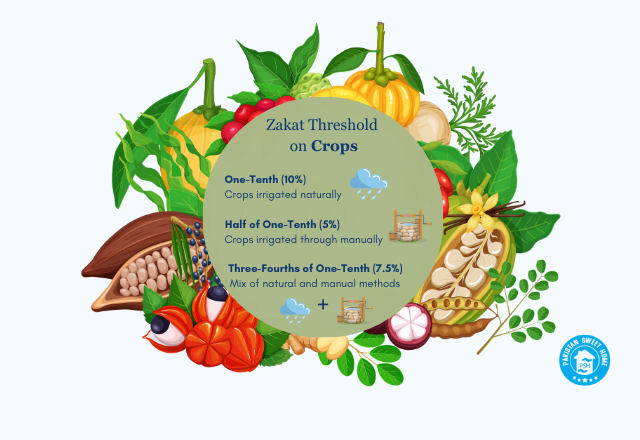
- DONATE
- SPONSOR A CHILD
- Zakat calculator
- SIGN IN
-
- About Us
- FAQ's
- Contact
- Get Involved
- Admissions
- Sign In
- SPONSOR A CHILD ZAKAT CALCULATOR DONATE
-
info@pakistansweethome.org.pk
(051) 4865856
+92 335 1118477
Unsure about the difference between Zakat and Sadaqah?
You’re not alone!
Many Muslims often confuse the two, unsure when to give Zakat or when Sadaqah is more appropriate. This misunderstanding can lead to missed spiritual growth opportunities and financial benefits for those in need.
By distinguishing between Zakat and Sadaqah, you can maximize the spiritual and social benefits of both forms of giving.
Let’s dive into the key differences and discover how each charity serves a unique purpose.
Zakat, derived from "zaka" meaning increase and purification, is a mandatory annual payment of 2.5% of wealth. It’s part of the five pillars of Islam and is required for Muslims above the Nisab threshold.
Empower Orphans with Your Zakat |
Sadaqah comes from the word “Sidq,” which means truth. It includes acts of kindness done willingly.
Unlike Zakat, Sadaqah isn't mandatory, and there's no fixed amount or specific things to give. It's a personal way to be generous, whether through money, consoling someone, or teaching about Islam.
Pass the Plate to Orphans |
Here are the fourteen key differences between Zakat and Sadaqah:
Difference between Zakat and Sadaqa | |||
S.N | Feature | Zakat | Sadaqah |
1 | Obligation | Mandatory payment | Voluntary act |
2 | Amount/Threshold | A fixed percentage of Zakat Nisab (usually 2.5%) of wealth | No set amount or percentage |
3 | Recipients | Specific 8 categories mentioned in the Quran (Masarif-e-Zakat) | Anyone in need, including non-Muslims |
4 | Timeframe | Must be paid once a lunar year | Can be given at any time |
5 | Purpose |
|
|
6 | Types |
|
|
7 | Calculation | Based on wealth or income | No set calculation |
8 | Eligibility | Requires eligibility | Anyone, including the poor |
9 | Priority | Priority obligation | Can be given after other forms of charity |
10 | Enforcement | Can be forcefully taken; the state can take strict actions against non-payers | Not enforced upon people |
11 | Consequences of Non-payment | Not paying Zakat is a sin | Not giving Sadaqah is not sinful |
12 | Nature | Monetary | Can be non-monetary as well |
13 | Distribution Location | Should be paid in the city where one lives and works | Can be spent anywhere |
14 | Certain liabilities can be deducted from the Zakat calculation | No calculation involving deduction of liabilities | |
Zakat and Sadaqah are both important forms of charity in Islam, but they differ significantly. Zakat is a mandatory annual payment with specific recipients and strict rules regarding its distribution.
In contrast, Sadaqah is a voluntary act of charity with no set amount. It is given freely to anyone in need and can be done at any time. While Zakat purifies wealth, Sadaqah supports others and can take both monetary and non-monetary forms.
Additionally, the state can enforce Zakat, with penalties for non-payment, whereas Sadaqah is not obligatory.
Both Zakat and Sadaqah are fundamental acts of worship in Islam. They include essential values of compassion, social responsibility, and community welfare.
Allah SWT says in the Quran (Surah Al-Baqarah, 2:177):
“Righteousness is not that you turn your faces toward the east or the west, but [true] righteousness is [in] one who believes in Allah,
the Last Day, the angels, the Book, and the prophets and gives wealth, in spite of love for it, to relatives, orphans, the needy, the traveler, those who ask [for help], and for freeing slaves.”
We can understand the importance of Zakat and Sadaqah from the following Hadiths on charity:
Prophet Muhammad (peace be upon him) said,
“The upper hand is better than the lower hand. The upper hand is the one that gives, and the lower hand is the one that receives.”
(Sahih Al-Bukhari)
“Charity does not decrease wealth.”
(Sahih Muslim)
"Give charity quickly to prevent bad things from happening."
(Al-Tirmidhi)
Zakat and Sadaqah bring the following benefits:
Here are the three similarities between Zakat and Sadaqah:
In conclusion, understanding the difference between Zakat and Sadaqah is essential for fulfilling our charitable duties. Both forms of charity hold immense importance in Islam, offering spiritual and social benefits for both the giver and the receiver.
While Zakat is a mandatory act of purification and wealth distribution, Sadaqah provides an opportunity for voluntary generosity. Despite their differences, both Zakat and Sadaqah help those in need, fostering community and empathy.
Zakat is an obligatory charity, gathered from eligible individuals and given to eight groups mentioned in the Quran. The Waqf system is crucial in Muslim communities as it helps elderly, poor, and orphaned people by providing education, training, and business opportunities.
Zakat is a mandatory charity for eligible Muslims, while Sadaqah is voluntary. Zakat has specific assets and recipients, whereas Sadaqah doesn't have fixed amounts or recipients. Waqf is a voluntary donation of assets for charitable purposes, promoting continuous community benefits.
The term Sadaqah is sometimes used interchangeably with Zakat, which is obligatory charity paid by Muslims. However, Sadaqah generally refers to optional charity. Similarly, Khairat is an Urdu term that also denotes voluntary charity. Therefore, if you intend to give Zakat, it will fulfill the obligation of Zakat.
Zakat is obligatory charity given to specific recipients and calculated at a fixed rate. Sadaqah is a voluntary charity with no fixed amount or recipient. Lillah is a type of Sadaqah given for the sake of Allah without expecting any return or reward.
Waqf is not a Sadaqah; it involves dedicating assets to be used for charitable purposes, such as providing education or healthcare facilities. While both Waqf and Sadaqah involve charitable giving, they serve different purposes and have different mechanisms.

WRITTEN BY
Ali Raza (Zakat and Sadaqah Regulations)
Ali Raza holds a Master of Arts in Islamic Studies and is an expert in Islamic theology and jurisprudence. Specializing in Zakat, Sadaqah, and other Islamic donations, Ali's writings provide valuable insights into the religious and ethical aspects of charity. His work for Pakistan Sweet Homes aims to educate and inspire readers to support orphan care and charitable initiatives, making him a key contributor to the organization's mission.
Ali Raza holds a Master of Arts in Islamic Studies and is an expert in Islamic theology and jurisprudence. Specializing in Zakat, Sadaqah, and other Islamic donations, Ali's writings provide valuable insights into the religious and ethical aspects of charity. His work for Pakistan Sweet Homes aims to educate and inspire readers to support orphan care and charitable initiatives, making him a key contributor to the organization's mission.
Hadith About Zakat: A Prophetic Guide on Obligatory Charity
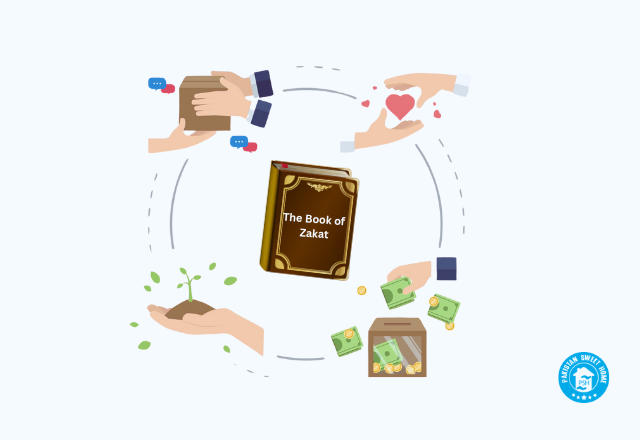
How to Calculate Zakat on Cash?

How to Calculate Zakat on Gold?
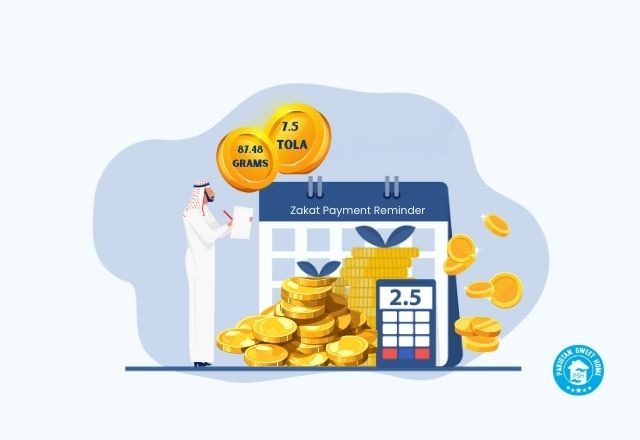
How to Calculate Zakat on Property?

Zakat on Salary: Calculations, Formula, Examples, Scenarios

10 Key Reasons Why Zakat is Important in Islam
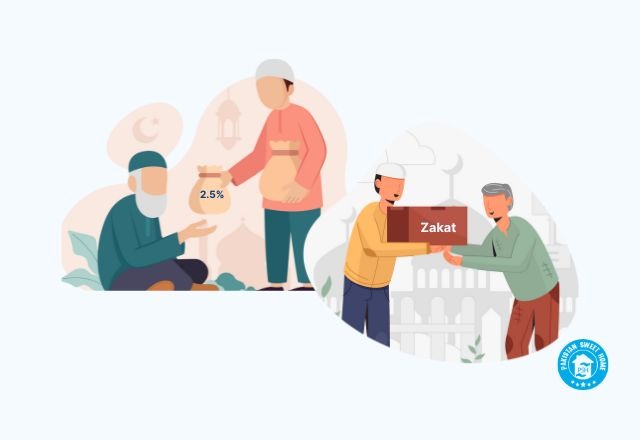
The Benefits of Zakat in Islam
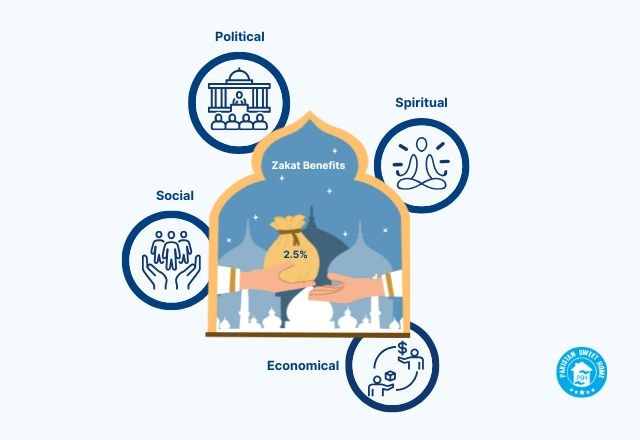
The Eight Recipients of Zakat (Masarif-e-Zakat)
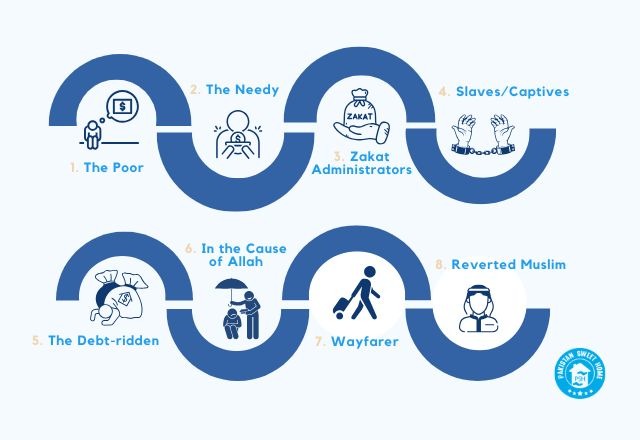
Zakat al-Fitr (Fitrana): The Zakat of Ramadan

What is the Nisab of Zakat in Islam?
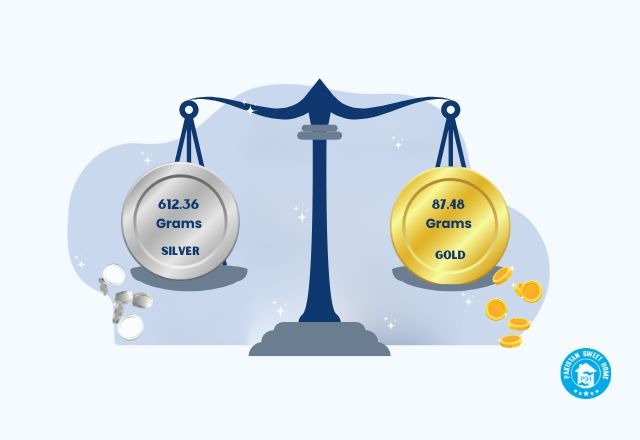
Zakat on Livestock: Camels, Cattle, Goats & Sheep
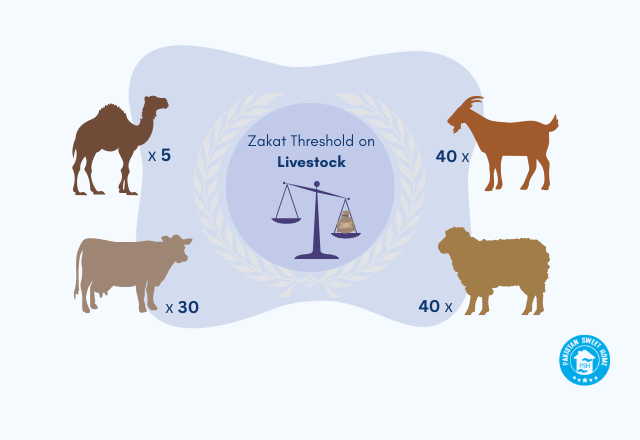
Understanding Zakat on Agricultural Produce: Fruits and Grains
